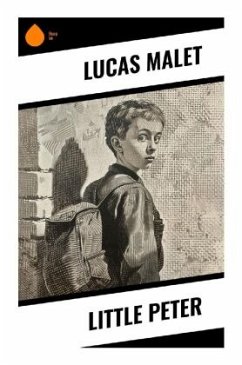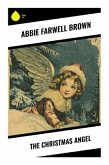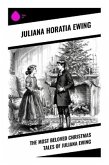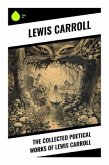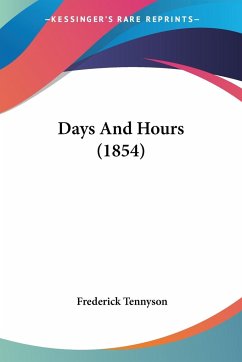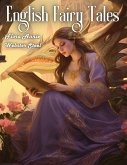In "Little Peter," Lucas Malet crafts a poignant narrative that delves into the complexities of childhood and the consequent pull between innocence and experience. Set against the backdrop of Victorian England, the novella employs rich, vivid imagery and a lyrical prose style that captures the whimsical yet often harsh realities faced by its titular character, Peter. Malet's exploration of familial relationships and societal expectations is enhanced by her keen psychological insight, positioning the work within the broader context of late 19th-century literature that seeks to both understand and critique the era's rigid moral codes. Lucas Malet, the pen name of the author Mary St. Leger Kingsley, was deeply influenced by her diverse experiences, including time spent in colonial environments and her close association with prominent literary figures like George Eliot and Thomas Hardy. Her own background-a confluence of British and colonial sensibilities-imbues "Little Peter" with an authenticity and emotional depth that invites readers to reflect on the interplay between childhood innocence and societal pressures. This personal and historical context is paramount to understanding the nuances present in her writing. I highly recommend "Little Peter" to anyone interested in the intersections of childhood and societal expectation within a rich literary tradition. Malet's deft storytelling, combined with her insightful character development, makes this novella a timeless exploration of human experience that resonates with both young adults and mature readers alike.
Bitte wählen Sie Ihr Anliegen aus.
Rechnungen
Retourenschein anfordern
Bestellstatus
Storno

